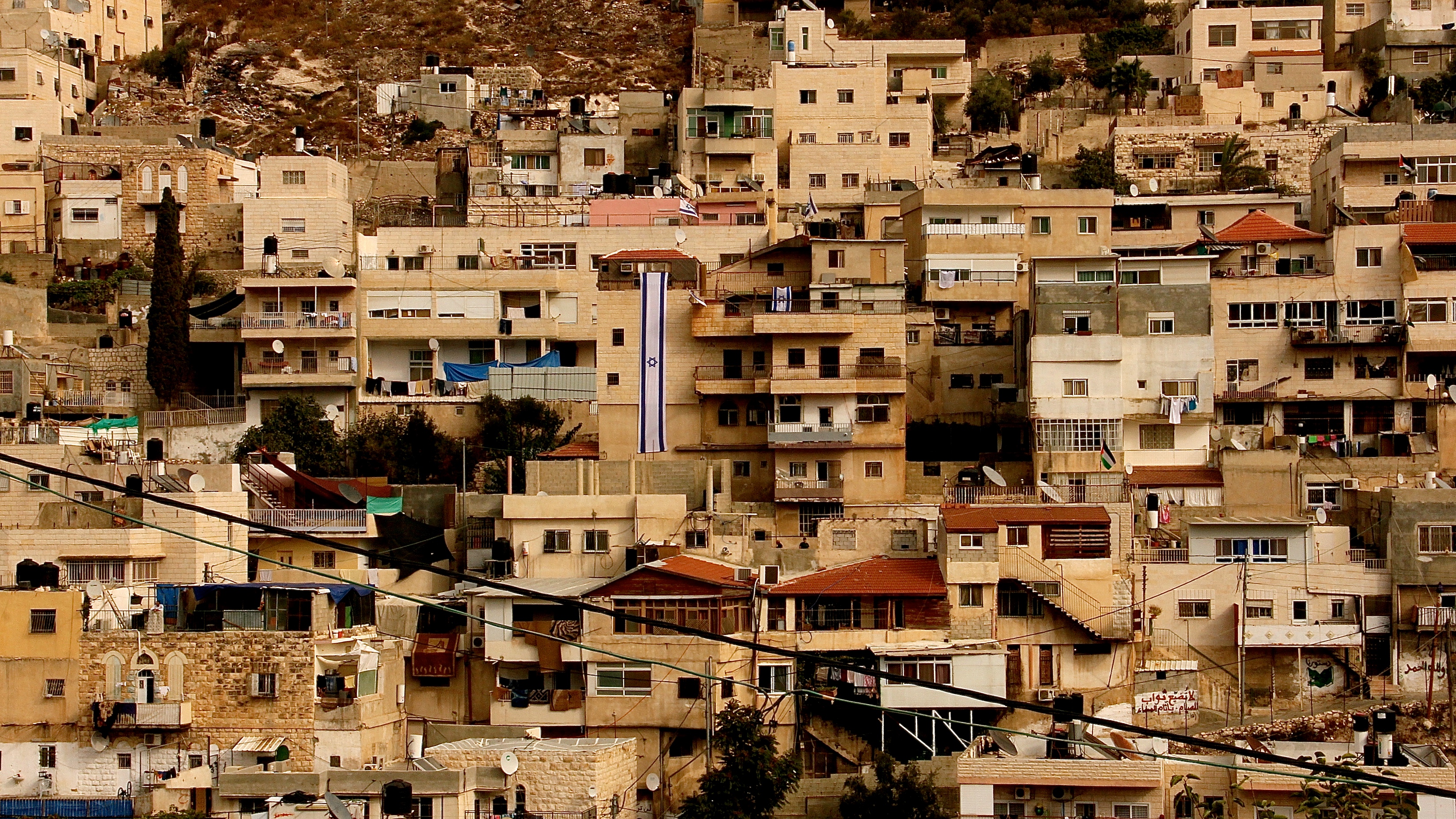
"From the U.S. to Israel: Follow the Money," the Pulitzer Center-Haaretz investigative series by Israeli journalist Uri Blau, has attracted the attention of international publications, activist groups and state organizations as they highlight the United States' involvement in financing Israeli institutions in the West Bank.
In an article published in The Washington Post, Blau asks "Why is the U.S. Subsidizing Israeli Settlements?" Looking for answers, he explains his Haaretz investigation, which discovered a complex network of almost 50 nonprofits that use tax-exempt donations to help finance West Bank settlements.
Since the American donors to these groups are entitled to tax breaks for their contributions, this flow of money indirectly links U.S. taxpayers to the support of a settlement expansion policy the U.S. administration condemns. "While one American hand opposes development of settlements, the other keeps feeding it," Blau writes.
Blau told the Pulitzer Center he pursued this series because he had been working in the West Bank and Israel for years, and saw the significant influence American money has on the ground. He thought it was important for U.S. citizens to know what projects their tax exemptions support.
Within five years, more than $220 million was sent to settlements in Judea and Samaria, funding schools, synagogues and playgrounds, Blau reports. Millions of dollars have gone to Jewish settlements in segregated Hebron neighborhoods, and some money even supported the families of men convicted in ideologically motivated violence against Palestinians.
When asked about the Haaretz investigation at a press briefing, U.S. State Department Spokesman John Kirby said the donors are private citizens, and the U.S. administration does not support any settlement activity.
"In general, too often debates are conducted without debaters having real data to base their case," Blau said. "My hope is that the public and policymakers will now use the information exposed in the articles when discussing this issue. This project aims to bring-in facts to the public discourse and hopefully to serve as a hub for anyone interested in this timely issue."
Over the course of his career, Blau has focused on in-depth, often data-driven research projects as he explored political corruption, national security and transparency issues in Israel and the U.S. As such, he was the first Israeli journalist charged and convicted under Israel's Espionage Act for possessing classified documents after the publication of his 2008 Haaretz article exposing covert targeted assassinations of Palestinians that were in direct violation of Israeli Supreme Court rulings.
Blau's current series has provoked people to ask whether American dollars are contributing to the collapsed peace talks between Israel and Palestine. The Associated Press published a story about Blau's report, which was then picked up by Yahoo! News and U.S. World and News Report, among others.
The investigation was referenced in over 20 publications around the world, including The Daily Beast, Forward, Metro Toronto, The Jordan Times, Gulf News, The Times of Israel, and World Politics Review. Activist groups, such as Middle East Monitor and Chronicle on Philanthropy, also highlighted the reports.





